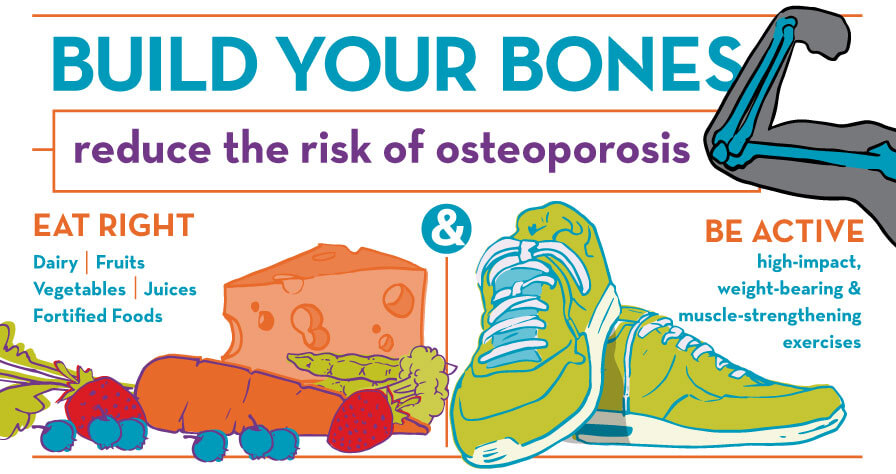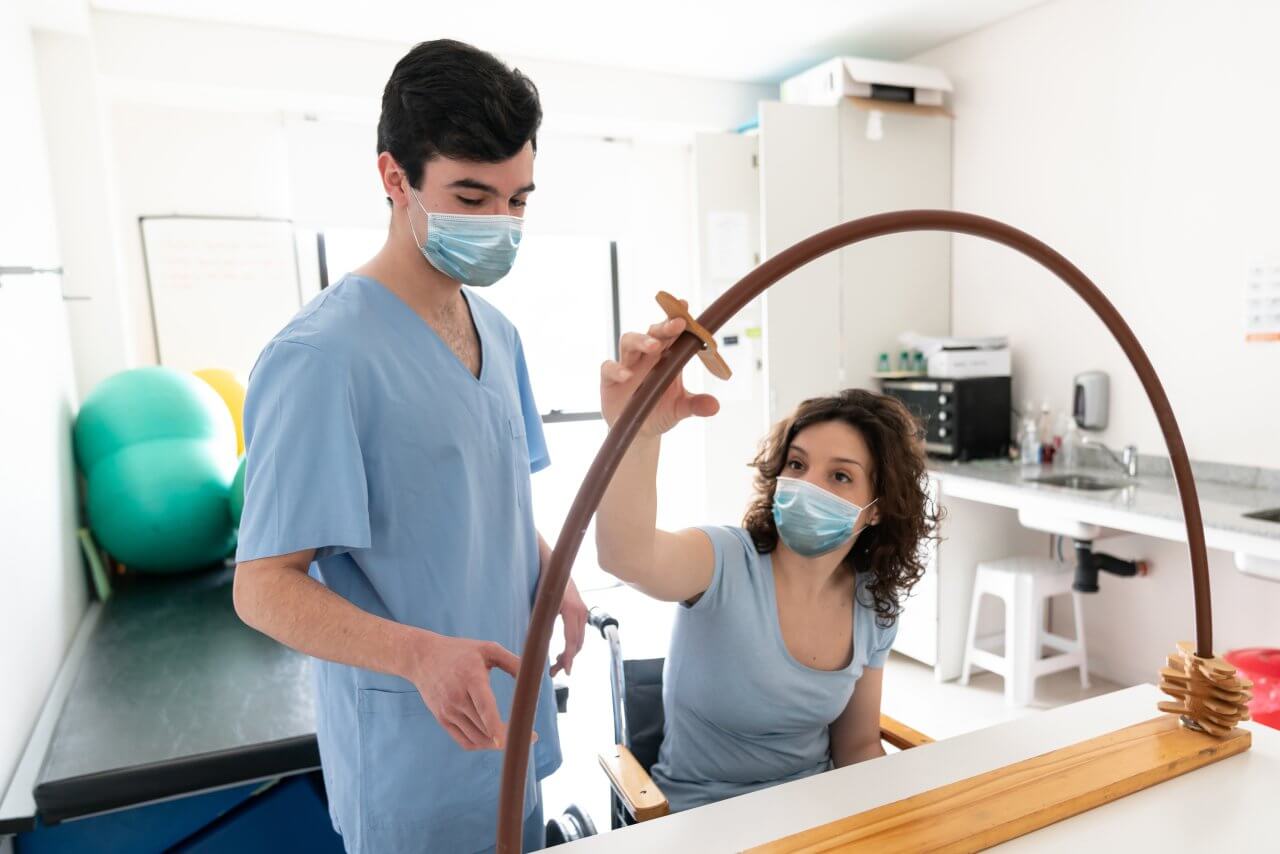How to Prevent Osteoporosis

Clinically reviewed by C.Preston Lewis
Osteoporosis is a serious health condition that weakens bones to the point that they can break easily. A simple fall can result in a broken hip, wrist, or spine.
Many people consider osteoporosis to be a normal, unavoidable part of aging. But it’s preventable, and the steps you take now — no matter how old you are — can improve your bone health for the rest of your life.
According to the National Osteoporosis Foundation, approximately 10 million Americans have osteoporosis, and another 44 million have low bone density, placing them at a higher risk for the disease. This means that 60% of adults aged 50 and older are at risk of breaking a bone.
While osteoporosis is most common in women, the disease also affects men.
Risk Factors of Osteoporosis
Anyone can develop osteoporosis. However, you’re more likely to be affected if you are female and of White or Asian descent. Other risk factors include:
- Having broken a bone after age 50
- A family history of osteoporosis or broken bones
- Inadequate calcium, protein, or vitamin D in your diet
- Smoking
- Having a low body mass index (BMI) or being underweight
- Being inactive
- Problems with hormone levels, such as too little estrogen in women, too much thyroid hormone, or too little testosterone in men
- Heavy alcohol use
- Extended periods of bed rest
- Removal of the ovaries before menstruation stops naturally
- Long-term use of specific medications, including proton pump inhibitors, corticosteroids, and antiepileptic medications
Tips for Avoiding Osteoporosis
You can reduce your risk of developing osteoporosis by taking these five steps:Eat a diet that supports bone health and keeps you at a healthy weight. It should include plenty of calcium, vitamin D, and protein. Foods like low-fat dairy, milk, fish, leafy green vegetables, and grains are excellent sources of calcium. Your doctor may also recommend supplements if needed.
- Be active. Do high-impact, weight-bearing, and muscle-strengthening activities regularly.
- Drink in moderation or not at all, and don’t smoke.
- Talk with your doctor regularly about bone health and whether bone density testing is right for you.
- Listen to your doctor. Getting and acting on advice are two different things, and both are essential to good bone health!

Daily consumption targets for calcium are:
- 1,000 mg for women 50 and younger
- 1,200 mg for women 51 and older
Daily vitamin D targets are:
- 600 international units (IU) of vitamin D per day if you are 70 or younger
- 800 IU if you are 71 or older
The National Institutes of Health (NIH) says many people get less than half the necessary calcium. Recommended calcium and vitamin D intakes vary in children and adults, depending on several factors, so it’s crucial to talk with your doctor about your diet.
Diagnosing and Treating Osteoporosis
Osteoporosis is referred to as a “silent disease” because those who develop it typically don’t know they have the condition until they break a bone. Consequently, healthcare providers who work with older adults remind them frequently about their osteoporosis risk.
Doctors diagnose osteoporosis by doing a bone density scan. This test uses X-rays to get information that’s compared to the average healthy young adult to produce what’s called a T-score. That score indicates if the patient has osteoporosis or osteopenia (low bone density that’s net yet osteoporosis).
Treatment of osteoporosis starts with lifestyle changes, including a healthier diet and getting more exercise. Doctors can also prescribe medications that slow bone loss and help rebuild bone.
Get Guidance on Bone Health and Osteoporosis from Baptist Health
Osteoporosis and the resulting broken bones can be devastating, especially for older adults. But you can reduce your risk by being proactive about your bone health.
Learn about Baptist Health’s orthopedic care services.



